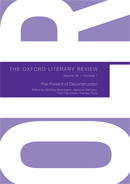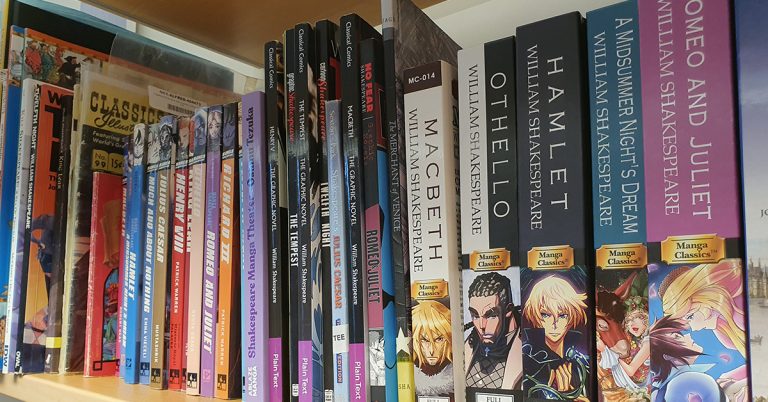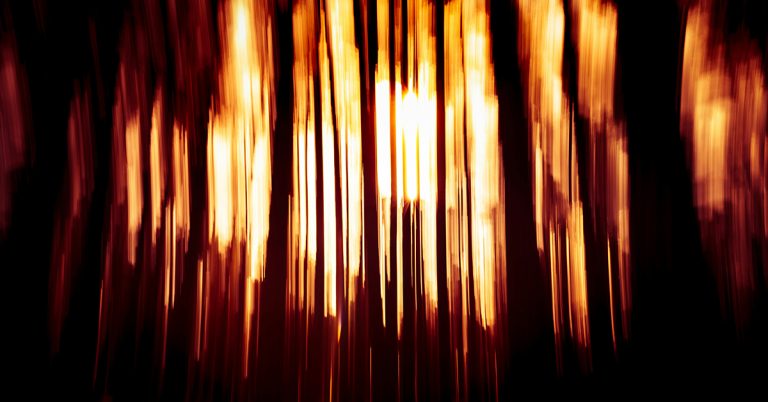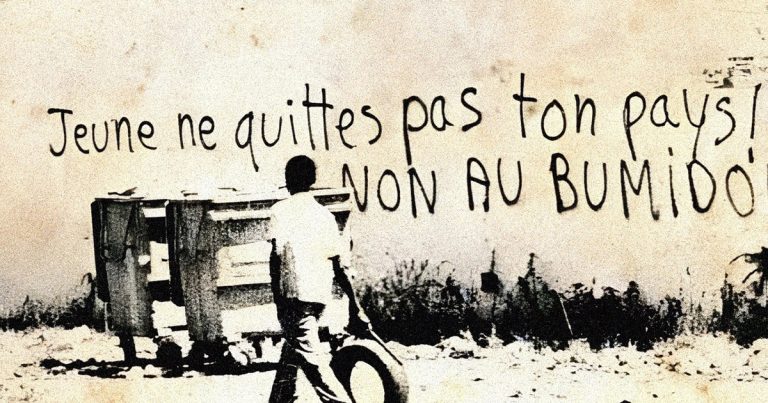
By Jean-Luc Nancy
“As an opening, a quick overview: if our politics [la politique] is no longer simply and strictly that of sovereign states, then it is no longer ‘politics’ as we have known it for a very long time (despite the fact that we can and must analyse sovereignty in other respects). To be treated in terms of politics, the international order would require that we know how to solve the enigma of a non-statist ‘public right’, which would also displace the idea of politics. If, furthermore, we agree on the exigency of indeconstructible justice—as Jacques Derrida bids us, though not him alone: rather justice itself, that which no right can assure—and, as such, on a resistance to all types of restriction related to any form whatsoever of domination, of delimitation, even of determination, then politics is not our terrain, but that politics becomes ethics, or rather, archi-ethics—an ethics that deals henceforth with life [la vie] itself or with the survival [la survie] (in the ordinary sense and perhaps, beyond that, in the sense of Derrida) of humanity and of the planet (of life itself…). By which that ethics is almost no longer a matter either of choice or responsibility, but of a sort of archi-decision, lacking a horizon of reference and a criterion, if not a ‘wanting-to-live [vouloir-vivre]’, which must itself be interrogated—and which could come about through a surge (Drang) or a drive (Trieb) anterior to all willing.
A civilisation folds and bends [plie et ploie] under itself and not only through the workings of a bad subject of history. A history bends under its own advance and under its own absence of future (‘no future’), unless that history is able to deploy itself towards an unknown opening to the ‘future to come’ [l’‘à venir’], which we must learn to understand as ‘non future’.
For all these reasons, ‘politics’ displaces itself, deports itself, deconstructs itself. First of all perhaps by a blurring of the Western divide between politics and religion—which immediately brings us back to the Islamic revolution of Iran and its first welcoming by Foucault (i.e. by a thinking that hastened, rightly but no doubt in vain, to regain a ‘spiritual’ or ‘destining’ dimension of politics)—at the same time that this divide refers us, both in our own context and perhaps throughout the world, to a blurring of the very idea of ‘religion’, from the moment at which dissociates itself from a ‘politics’ that no longer knows where to take its bearings once it has been dissociated.
Is this not what has happened to us? The politics of the sovereign nation state was a resolutely non-religious politics, which, because it was unable to give rise to a civil religion (a Republic), loses itself in the obedience either to economic power or to judicial power, when, at least, it is able to avoid the fascist temptation (contraction of politics an religion).
Obama happened to us, the intersection of a renewed and so much desired figure of justice and eco-technical and geo-military entanglement, with regards to which a clear-cut choice and a simple disengagement remain problematic. But Obama was and still is an episode [péripétie]. The Arab spring happened, but it is still only in suspense.
At the same time, ‘Europe’ no doubt demonstrates clearly—with or without the financial crisis—that it is too late to found a State of any kind and too early to have an intimation of something else, to draw up another form, but maybe the Empire (which however is neither a State nor a form just a flux) is already completely there.
‘Polis’ is shaken in its foundations—that which we called ‘polis’. It is shaken as the ‘Logos’ is shaken and for the same reasons. Likewise, ‘Left/right’ and ‘liberty/equality’ are in a state of semantic and practical suspense, i.e. in deconstruction.
Where then to put ‘politics’ if its place is no longer identifiable? This is one way to put the question that comes to me after [après] and according to [d’après] Derrida. An uncertain and erratic question, because the ‘where’ of that question remains obscure to me: where indeed are the possible ‘places’? Without a doubt it is necessary to rework the entire topography. But still, it is all the same a question of ‘place’: we need the right place for politics, a place that is neither ‘all’ nor ‘nothing’. Almost thirty years ago, Philippe Lacoue-Labarthe and I, in Paris, thanks to Jacques Derrida, called it ‘the retreat of the political [le retrait du politique]’: how to re-trieve the political, draw it out, trace it once again in a different way?
I come now to my paper.”
Extract taken from “The Political and/or Politics” by Jean-Luc Nancy, Translated by Christopher Sauder, The Oxford Literary Review, Volume 36, Issue 1, Page 5-17.
The Oxford Literary Review devotes itself to outstanding writing in deconstruction, literary theory, psychoanalytic theory, political theory and related forms of exploratory thought.
devotes itself to outstanding writing in deconstruction, literary theory, psychoanalytic theory, political theory and related forms of exploratory thought.





